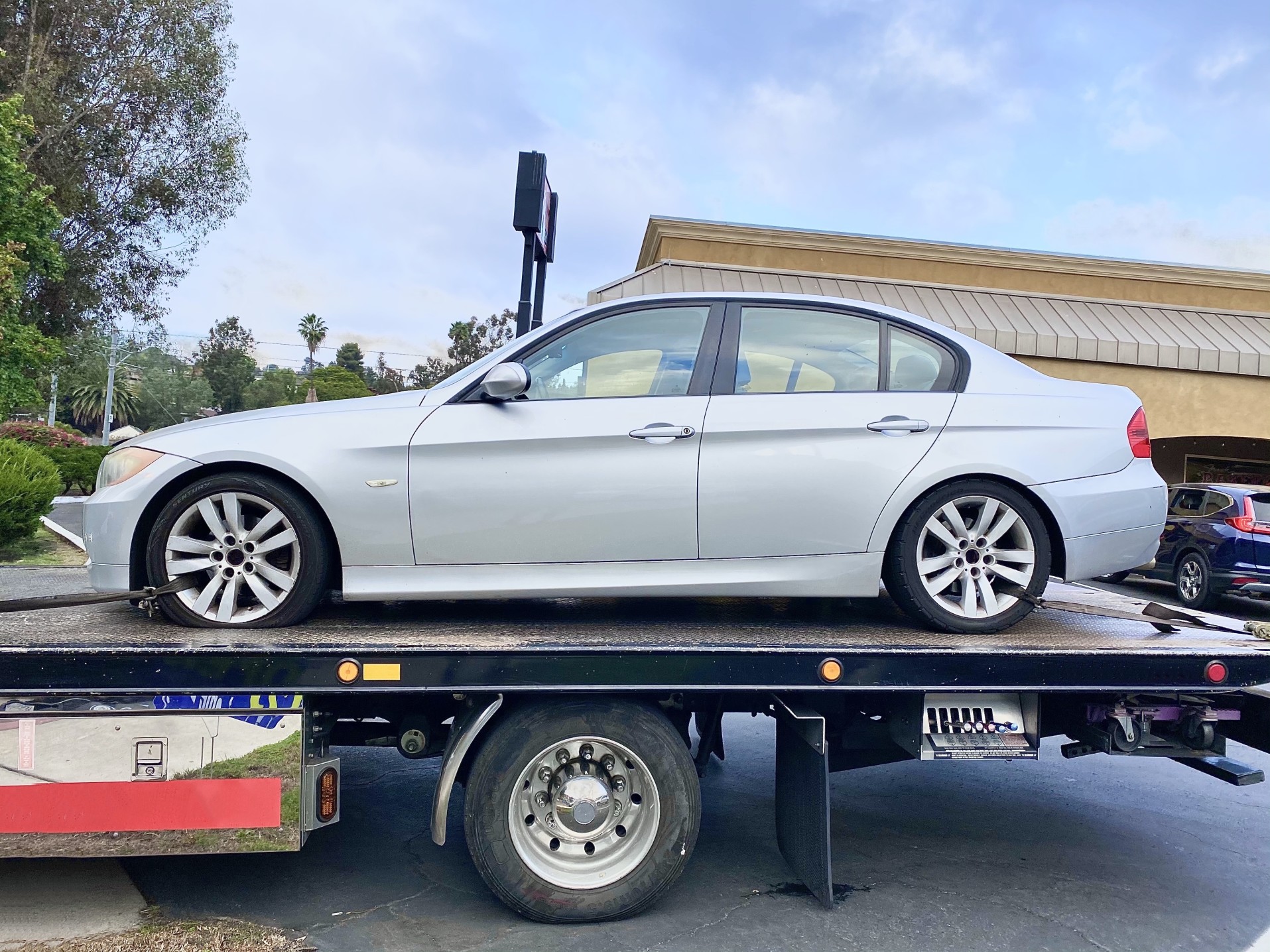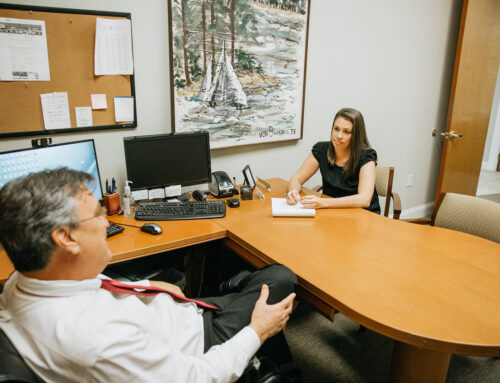Daily life can be difficult to maneuver without a vehicle. If you are having financial difficulty, not having the ability to get to work can make things even worse. However, if you financed or leased your car or truck, the bank (or dealership) has the right to repossess the vehicle if you cannot make your payments.
An automobile loan generally enters default status after three missed payments, but this can vary lender by lender. They can also repossess your vehicle if you do not maintain the minimum insurance required by Florida law. The good news is, there are ways for you to get back on track and get caught up on your payments.
Our goal is to give you the information you need to face the prospect of repossession and protect your rights and property.
The Ramifications of Repossession
The lender that financed your car loan wants to collect the balance due on your loan. That is their goal. If they cannot, they want to repossess the vehicle and likely sell it at auction. Contrary to popular belief, your responsibility is not waived if your car is taken away – you may still have financial obligations even if you lose the vehicle.
Those who lose a vehicle are typically responsible for the repossession fees, which could run thousands of dollars. Without legal representation, obtaining your vehicle back after a repossession could take months and cost a considerable amount of additional money. Not only that, but a vehicle repossession takes a negative toll on your credit score, affecting you for up to seven years.
How Car Repos Work
Repossessions are quite common in the United States, but the process is typically discreet and doesn’t garner much attention. When the tow truck arrives to repossess the vehicle, there are no sirens, flashing lights, or notifications. There are no papers to sign, and they do not need your authorization to take the vehicle. Unless there is a specific need to have law enforcement there, police are generally not present.
The repo man simply waits until the vehicle is left unattended – at which time, the tow truck will quietly arrive.
It is illegal to try to hide your vehicle from the repo process. If you think repossession is imminent, call a bankruptcy attorney for advice – you only have a small window to take action to stop the repossession.
Protect Your Property and Know Your Rights
Although we are concentrating on vehicle repossession in this article, any property you acquired by lease, loan or mortgage is subject to being taken back if you don’t make your payments. It doesn’t make you a bad person if you find yourself in financial difficulty, especially after a global pandemic shutdown and uncertain economic landscape. Very few people enter into the car loan thinking they won’t be able to make payments.
Even if you find yourself in financial straits, you will need a roof over your head. In most cases, you will also still need personal transportation.
This is why you should call a personal bankruptcy attorney to help you. Chapter 7 or Chapter 13 personal bankruptcy proceedings can not only discharge unsecured debt, including costs resulting from car repossession, but they can prevent a repossession. (In addition to saving your car, you can also settle matters with persistent creditors and get other troublesome financial issues off your back as well.)
We understand that losing your car is a scary possibility, and we want to help. If you find yourself behind on your financial obligations and payments and don’t see a way out – call the Sarasota offices of Richard V. Ellis today. We will discuss your options and stop the creditors in their tracks, helping you to methodically deal with your financial problems and allowing you to see a brighter future.





